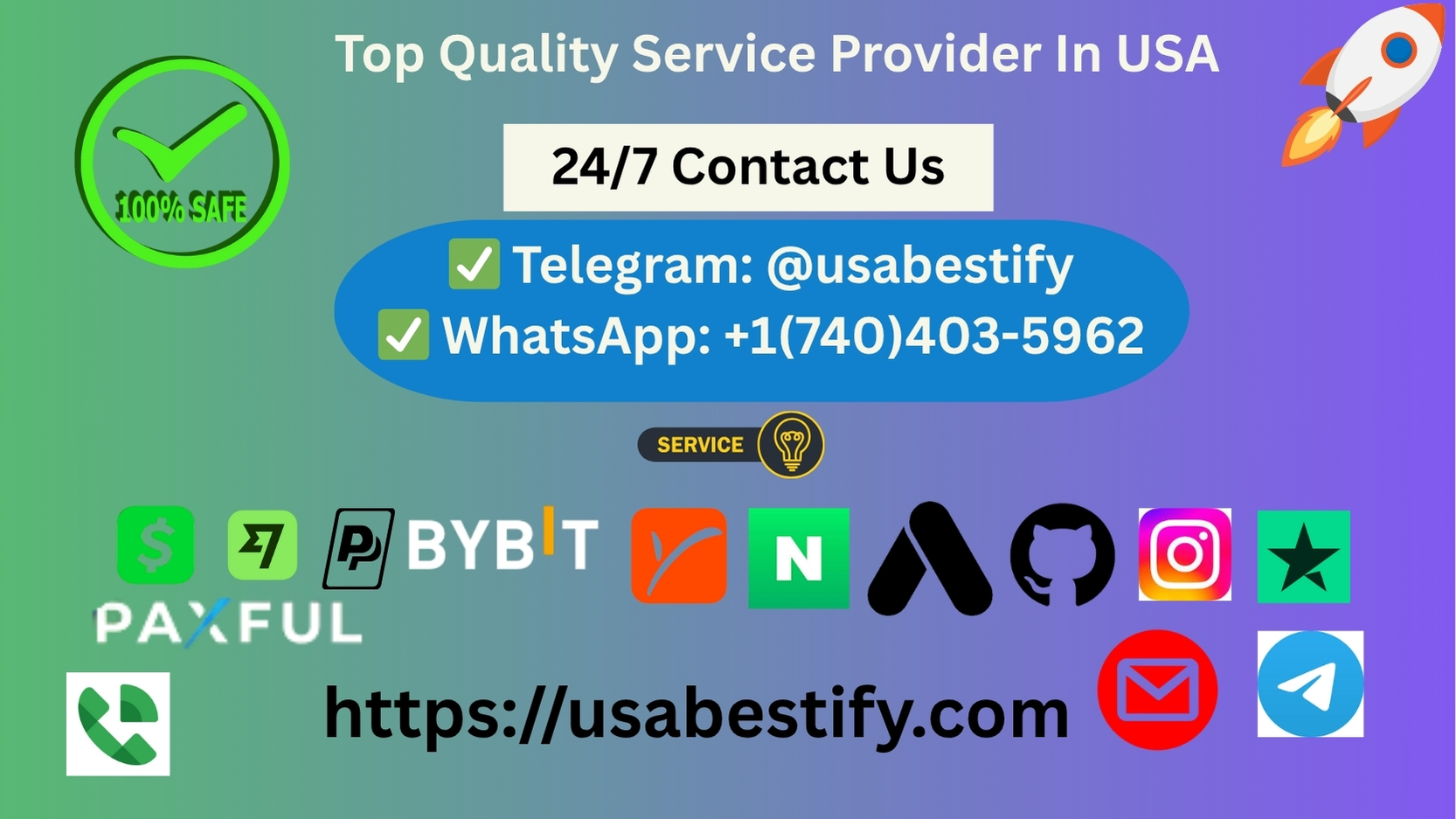Exploring the Growth and Impact of PropTech in Modern Real Estate
Introduction:
PropTech short for Property Technology, is transforming how real estate is bought, sold, managed, and experienced. It refers to the use of digital solutions and technological innovations to streamline property transactions, automate property management, enhance customer experiences, and improve decision-making processes. As the real estate industry continues to evolve, PropTech is proving to be a critical enabler of efficiency, transparency, and innovation.
The Role of PropTech in Real Estate Transactions
PropTech has introduced tools that simplify and accelerate property transactions. From virtual property tours to online documentation and blockchain-based smart contracts, buyers and sellers now engage in faster, more secure processes. Real estate platforms powered by artificial intelligence help match buyers with suitable properties, analyze market trends, and even predict property valuations. These technologies not only reduce human error but also eliminate many traditional inefficiencies.
Property Management Becomes More Intelligent
One of the most significant areas where PropTech is making a mark is in property management. Internet of Things (IoT) devices are being integrated into residential and commercial buildings to monitor utilities, track maintenance needs, and optimize energy consumption.
Property managers are increasingly using cloud-based platforms to handle tenant communications, rent collection, service requests, and lease agreements remotely. This shift not only cuts down operational costs but also enhances tenant satisfaction.
Smart Buildings and Sustainable Development
PropTech is deeply connected to the growth of smart buildings, which leverage automation, data analytics, and connected systems to manage resources efficiently. From smart thermostats and lighting to intelligent security systems, these technologies help create safer, more comfortable, and environmentally sustainable living and working environments. PropTech-driven sustainability solutions align with green building standards and global environmental goals, attracting both investors and tenants.
The Rise of Real Estate Fintech Integration
Another major development is the convergence of PropTech and FinTech. Digital platforms now allow fractional property ownership, peer-to-peer lending for real estate investments, and instant mortgage approvals through AI-backed assessments. This integration is democratizing property investment, opening new opportunities for smaller investors, and expanding access to capital for developers.
Challenges Facing PropTech Adoption
Despite its advantages, the adoption of PropTech is not without challenges. Legacy systems, high initial implementation costs, resistance to change, and data privacy concerns can slow down progress.
Moreover, regulatory frameworks in many regions are yet to fully adapt to technological advancements in the sector. Bridging the gap between traditional practices and modern digital tools remains a key concern.
Source: https://www.marketresearchfuture.com/reports/proptech-market-11686
Future Outlook and Market Potential
The global PropTech market is projected to witness significant growth in the coming years. Startups and established firms alike are investing in innovative solutions, backed by growing interest from venture capitalists.
As urbanization continues and digital-native generations become primary real estate consumers, demand for seamless and tech-enabled property experiences will rise.
Embracing the Digital Shift
PropTech is no longer a niche concept; it is an essential part of the real estate landscape. Its ability to simplify transactions, optimize operations, and enhance sustainability makes it a valuable asset for all stakeholders. Embracing PropTech is not just a strategic advantage it is a necessary step toward the future of real estate.




